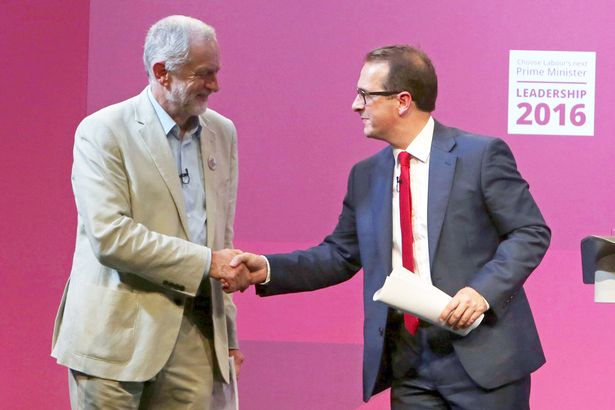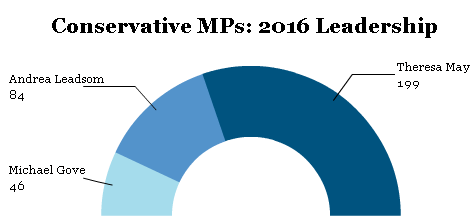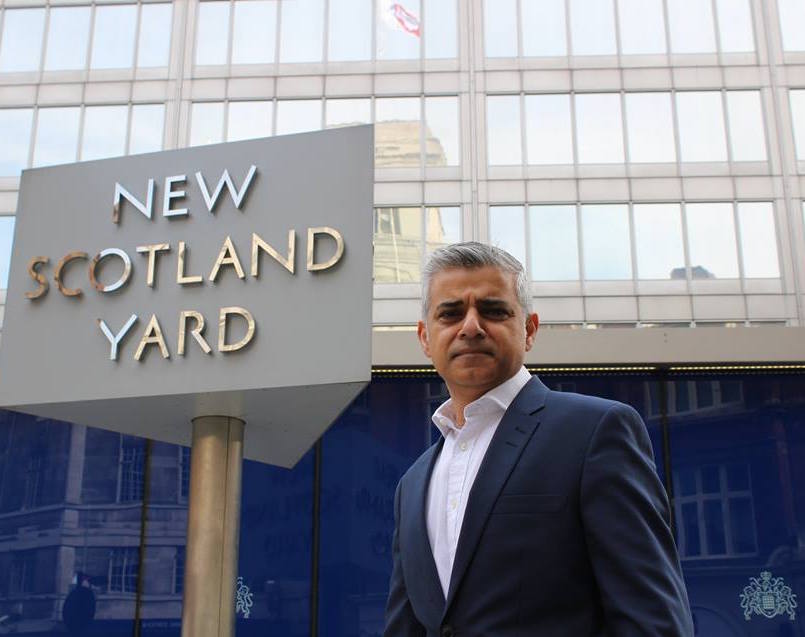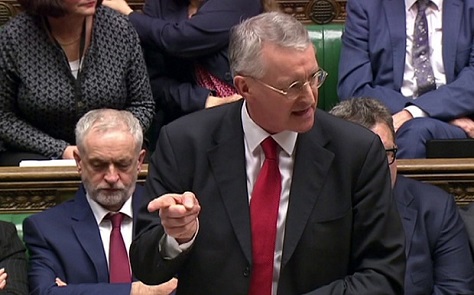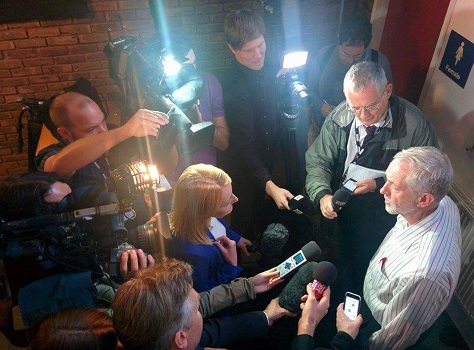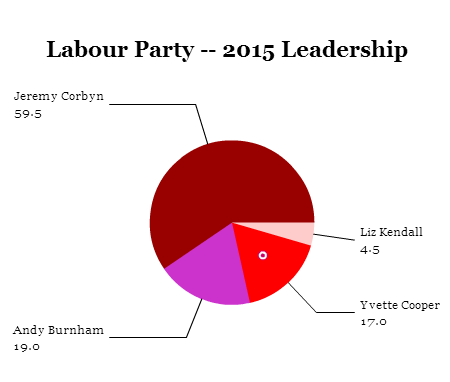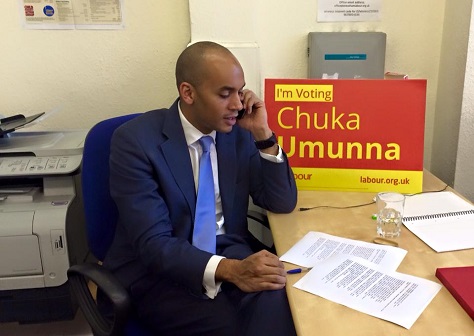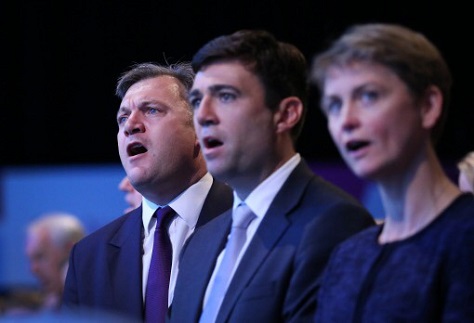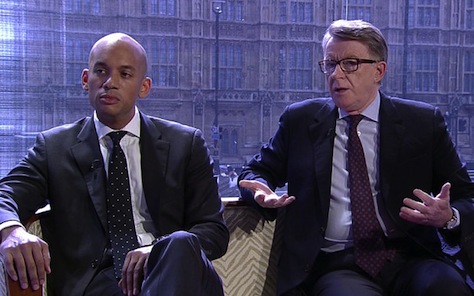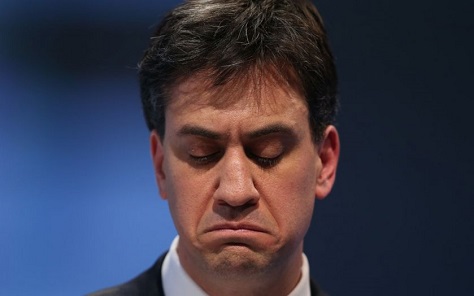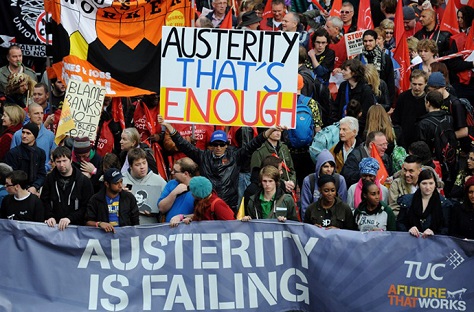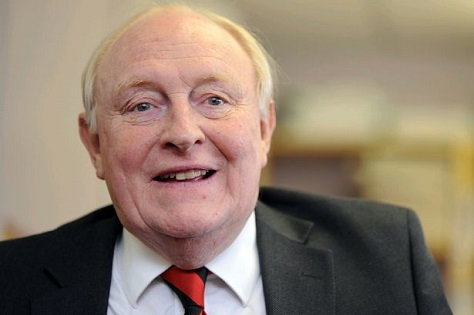 Photo credit to Stefan Rousseau/PA.
Photo credit to Stefan Rousseau/PA.
Within hours of the Labour Party’s unexpectedly severe loss in the UK general election, its leader Ed Miliband had already resigned and within days, Miliband and his family were Ibiza-bound, the first step in an awkward transition back to the backbenches. 
It’s been a gloomy downfall for Ed, and critics have good reason to criticize his performance between 2010 and the May elections. But what the Labour leadership contest aptly demonstrates is that Miliband nailed one thing in his five years — bridging the gap between Labour’s two factions, its union-heavy left and metropolitan, pro-business right. Miliband did such a good job maintaining Labour unity for the past five years, in fact, that no one realized just how divided Labour’s two tribes have become.
Those divisions are becoming all too clear in the emerging battle to succeed Miliband, and the surprise leader in the race is Jeremy Corbyn, a reluctant leadership contender first elected in 1983 to the British parliament, who’s now drawing the greatest support.
With the support of Unite, the most muscular of the labor unions that back the UK’s chief center-left party, Corbyn has managed to capture the imagination of a wide swath of the Labour electorate — disaffected nationalists, anti-austerity youths and old-school socialists like Corbyn (pictured above) himself, who’s bucked his party’s leadership 534 times in a 32-year parliamentary career. He bitterly opposed prime minister Tony Blair’s decision to join the US invasion of Iraq in 2003, he opposes the Trident nuclear deterrent and he’s an unabashedly ‘retro’ socialist. He’s not entirely committed to opposing a ‘Brexit’ from the European Union in the planned 2017 referendum. Corbyn wants to re-nationalize the UK’s train system and energy networks, and he wants to reaffirm public control over the health system.
By way of example, Corbyn makes no apologies for firmly opposing the government’s bill last week that trims social welfare benefits. Interim Labour leader Harriet Harman instructed the party’s MPs to abstain — Corbyn and 47 other Labour MPs joined the Scottish Nationalist Party (SNP) in voting against the legislation. It’s no exaggeration to say that a Corbyn-led Labour Party would embrace much of the 1970s and 1980s leftism that Blair worked so hard to expunge in the leadup to his 1997 landslide victory.
Corbyn’s rise is so stunning because he nearly missed the initial cut — he only barely achieved the 35 nominations from the party’s parliamentary caucus. He depended on support from legislators like Margaret Beckett, who believed that the far left deserved a voice in the campaign — if for no other reason than to show that the British far left is as weak in 2015 as in 2010 (when Diane Abbott placed last in the leadership contest) and 2007 (when John McDonnell failed to win enough nominations to advance against Gordon Brown, who won the leadership unopposed). Beckett, a former interim party leader and foreign secretary, now says she was a ‘moron’ to do so.
That’s because Corbyn, according to some polls, now holds a lead in the fight for Labour’s future. A July 17-21 YouGov/Times poll shows Corbyn leading with 43% of the vote — just 26% back shadow health secretary Andy Burnham (who held a series of ministerial profiles between 2007 and 2010), 20% back shadow home secretary Yvette Cooper (and the wife of former shadow chancellor Ed Balls and a former chief secretary to the treasury) and 11% back Liz Kendall, a shadow minister for care and older people first elected in 2010.
More alarming to the party establishment, when the choices are whittled down to the two leading candidates, Corbyn leads Burnham by a margin of 47% to 53%.
Ballots will not even be sent to Labour members until August 14, and the voting will continue through September 10 — there’s a lot of time left in the race, and it’s not clear Corbyn can sustain enthusiasm in the face of what will assuredly be a massive opposition to a Corbyn leadership.
But how, exactly, did a 66-year-old socialist become the pacesetter in Labour’s leadership contest?
Part of his rise is attributable to simple arithmetic.
Continue reading Corbyn’s surprise rise in Labour leadership race highlights chasm →
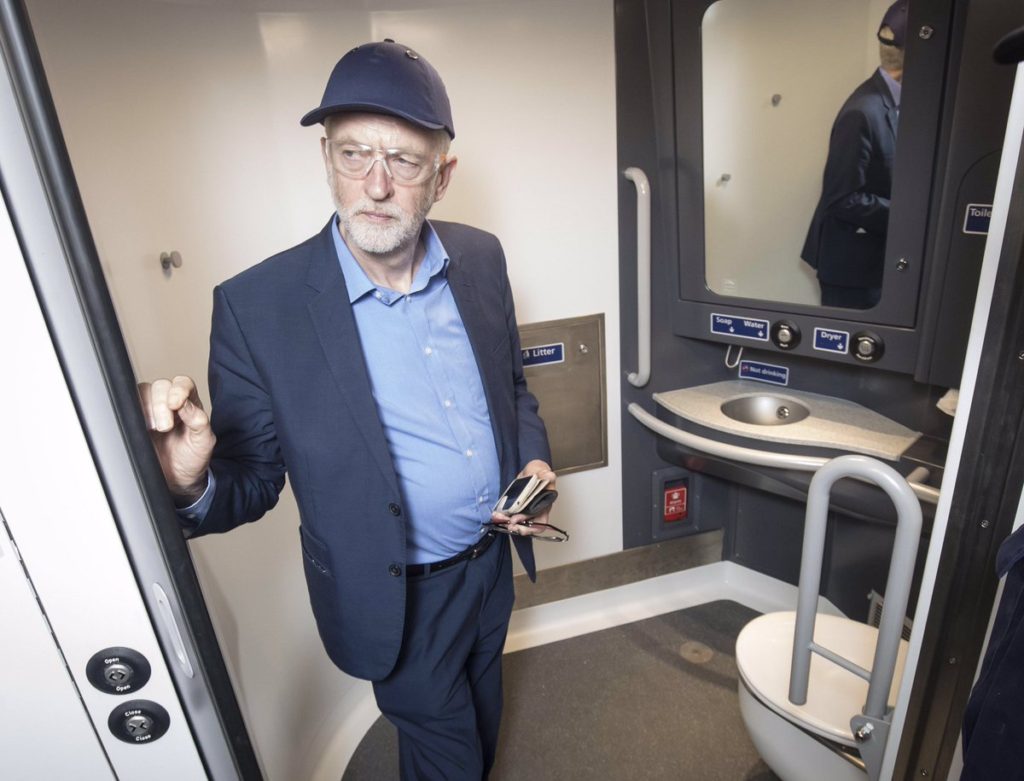
![]()
